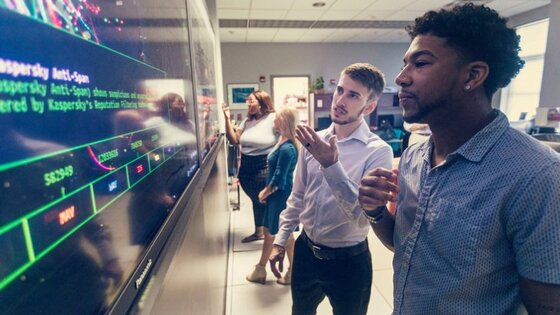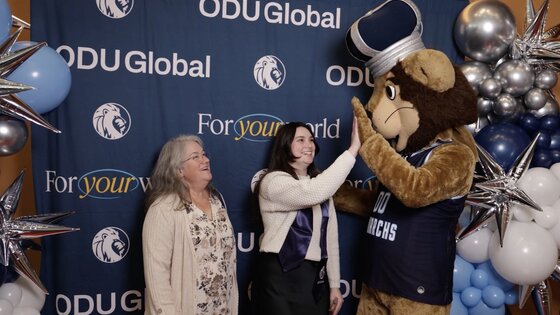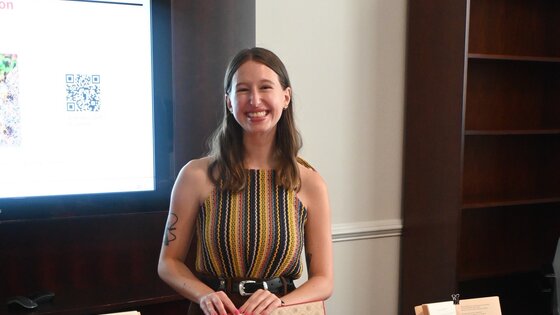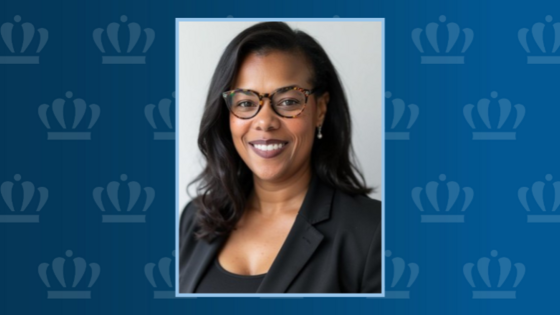PayPal applied scientist Ashish Verma ’25 earned ODU’s online master’s in data science and analytics, balancing work, family and a Jefferson Lab capstone in AI/machine learning.

Ashish Verma ’25 couldn’t pause his career at PayPal when he decided to pursue a graduate degree.
Verma, an applied scientist, wanted deeper expertise in artificial intelligence and machine learning, but he needed a program that could conform to his day-job schedule.
“A friend recommended ODUGlobal, and the curriculum fit exactly with my goals,” Verma said.
Verma graduated with his master’s in data science and analytics in May 2025, finishing the program in two years from San Jose, California, while working for the multinational tech company. He threaded class time between work meetings and pushed assignments into the quiet hours.
“Since we were working from home, it was easy for me to grab one- or two-hour classes between work,” he said. “I used to complete my assignments after 11 p.m.—sometimes until 2 a.m.”
He even balanced school with a newborn in 2024 and found support from a professor who adjusted an exam to accommodate his changing schedule. “He gave me two extra weeks,” said Verma, who also credited his wife Abha Gupta with supporting his journey. “That kind of flexibility was a huge help.”
That real-world focus extended to a hands-on capstone with the Thomas Jefferson National Accelerator Facility (Jefferson Lab) in Newport News, Virginia. Over three to four months, Verma and classmates built deep-learning models to detect anomalies in a particle accelerator, work designed to prevent equipment damage.
“It wasn’t theoretical,” Verma said. “We created a Python framework in their environment and shared all the files and embeddings so they could run the model on new data.” He said Jefferson Lab collaborators planned to test at least one model for adoption.
At PayPal, Verma brings the same research-to-practice approach to topics like anti-money-laundering, fraud detection and anomaly detection. “I go through research papers, take the knowledge and apply it to PayPal business problems,” he said.
The master’s is also a bridge to what’s next. Verma will pursue his PhD at Florida Atlantic University, aiming to pivot his research toward bioengineering or bioinformatics.
The motivation is personal: he lost someone close to a medical condition in 2006, when he was in 12th grade. “That inspires me to work on early detection so others don’t have to go through that pain,” he said.
For prospective students weighing an online degree, Verma’s advice is straightforward: expect rigor and bring discipline.
“Even though it’s an online program, you still have to sit down and study,” he said. Weekly assignments, midterms and finals helped build the AI and machine learning structure he wanted.
“It laid down the foundation for me to survive in the current AI era.”









